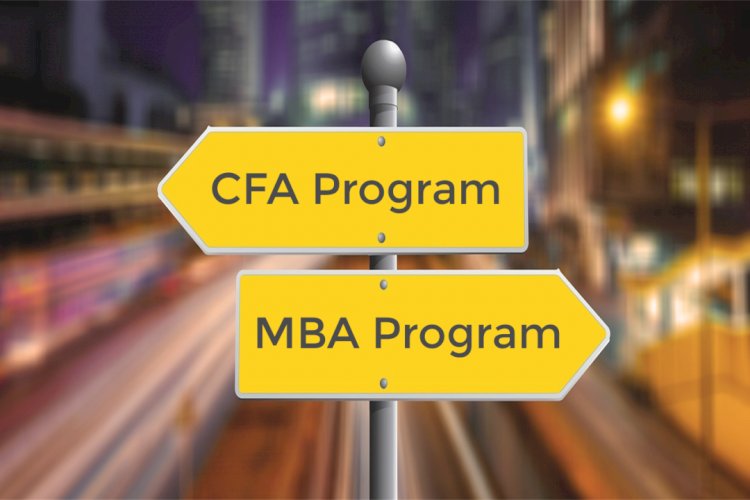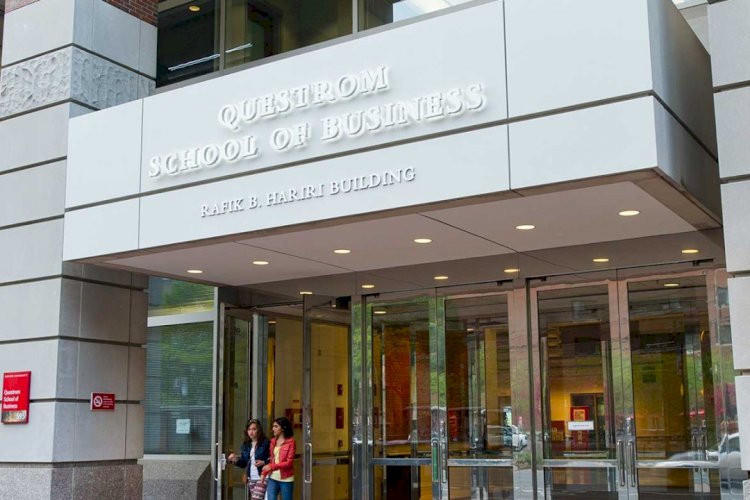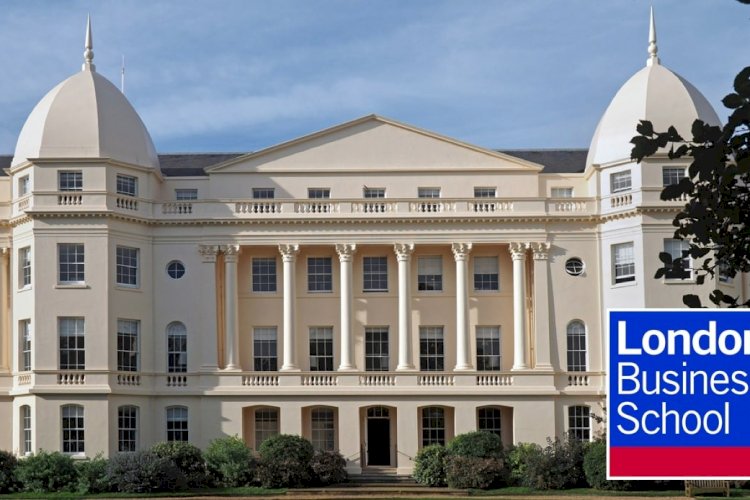
CFA exams were created during the 1960s as a way to create universal standards of professionalism and proficiency in the financial industry, specifically securities. Exam takers must pass all three levels of the exam in order to earn the official CFA charter. This means that you have become an expert in accounting, financial statements, among other financial instruments such as futures. Prior to this exam, no other international standard existed, and the financial securities industry lacked a professional designation like those in accounting had in the CPA exam.
So what is the use of taking a CFA exam? The exam in on itself is not a license to practice finance. Many applicants decide to take the exam to get ahead within the organization they work for. This is something like the Executive MBA, which many high level managers decide to apply to in order to get a promotion and become a part of the leadership team. the CFA exam is in fact just one of the many factors employers look at or might take into consideration during the hiring process. The only difference is that low level finance workers and even back office employees can take the CFA while working, and eventually have a chance to advance to the front office which would guarantee a higher salary.
While the CFA exam does not cost as much as the MBA or the EMBA, it cost a lot time wise. It takes thousands of hours for CFA takers to prepare to pass each level of the course. In general, only 20% of the test takers pass it on their trial, which means you will have to spend extra hundreds of hours trying to pass it again and again. This is a commitment of at least 4 years, sometimes even more.
It is probably better for those seeking to get ahead in the financial industry to seek an MBA rather than to waste years trying to pass a test that is extremely hard to pass. Unlike the CFA, which is simply an exam. You can get way more from your MBA experience which are usually in-person classes during which you can attend guest lectures and engage in study groups to solve real like business cases. MBA programs pay dividends over time, CFAs not so much.
 MBA Center Global
MBA Center Global 
























